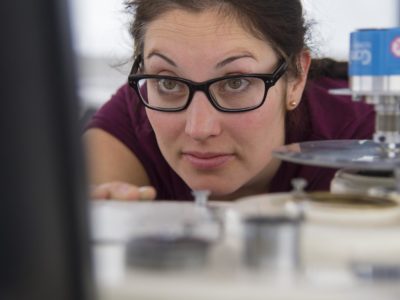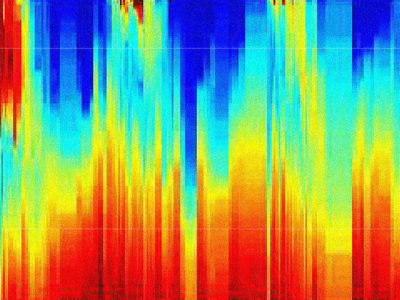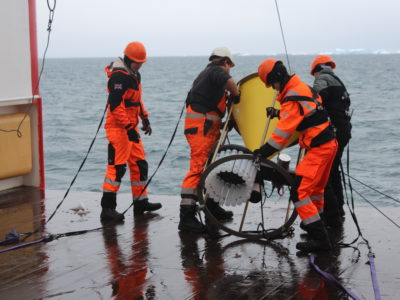Research projects
Filter:
Filtered:
See also Science teams or Oceanography

A23 repeat section
Understanding Antarctic Bottom Water (AABW) and its affect on global ocean circulation.
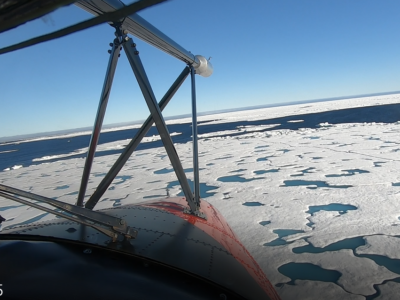
Arctic Summer-time Cyclones
The Arctic Summer-time Cyclone Project is a joint project of scientists from the University of Reading, University of East Anglia and the British Antarctic Survey with expertise in atmospheric dynamics, …
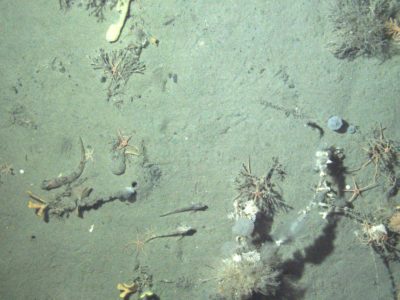
ASCCC
The ASCCC Project has been funded by ACE (Antarctic Circumnavigation Expedition) to investigate, quantify and understand the role of polar and subpolar seabeds in the carbon cycle, particularly in response …
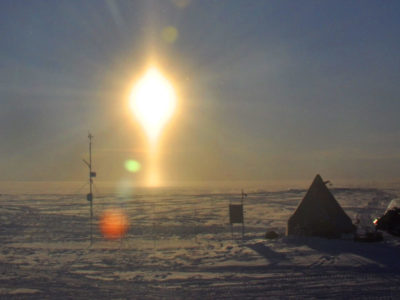
BEAMISH: Basal Conditions on Rutford Ice Stream
The polar ice sheets play a major role in controlling Earth’s sea level and climate, but our understanding of their history and motion is poor. The biggest uncertainty in predicting …
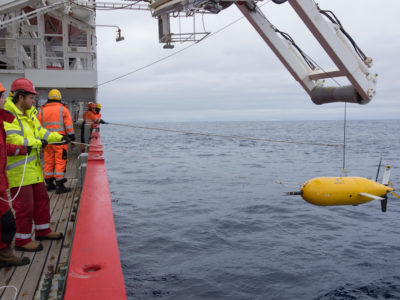
DynOPO
Dynamics of the Orkney Passage Outflow (DynOPO) is a collaboration between BAS, the University of Southampton and the National Oceanography Centre (NOC). The project aims to investigate the flow of …
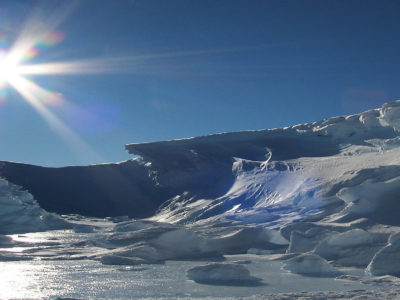
Filchner Ice Shelf System, Antarctica
Understanding the contribution that polar ice sheets make to global sea-level rise is recognised internationally as urgent. The mission of this five-year project is to capture new observations and data …
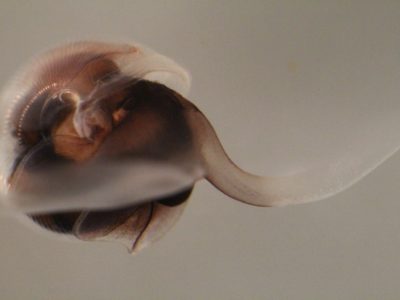
Impacts of Ocean Acidification on Sea-Surface
In order to assess the impact of anthropogenic carbon dioxide (CO2) on the oceans today we are investigating the effect of decreasing upper ocean pH on calcifying zooplankton. Pteropods, …
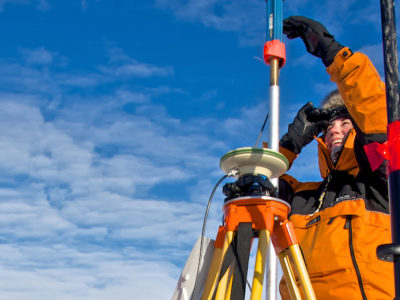
iSTAR – Stability of the West Antarctic Ice Sheet
Science on the move – the mission to understand the stability of the West Antarctic Ice Sheet
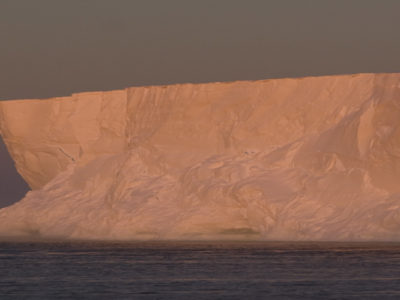
iSTAR-A Ocean2Ice Processes and variability
iStar-B strives to better understand ocean and ice interaction, processes and variability
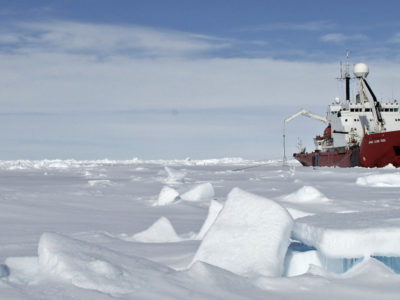
iSTAR-B Ocean circulation and melting beneath the ice shelves of the south-eastern Amundsen Sea
iStar-B studies ocean circulation and melting beneath the ice shelves of the south-eastern Amundsen Sea
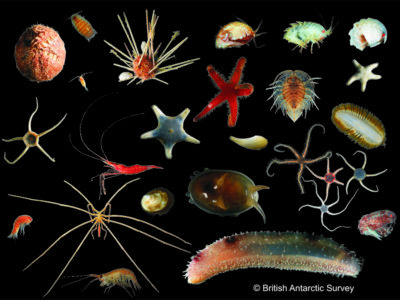
Larsen-C Benthos
On 12 July 2017, the Larsen-C Ice Shelf calved one of the largest iceberg originating from the Antarctic Peninsula ever recorded. As iceberg A68 moves north, it leaves behind an …
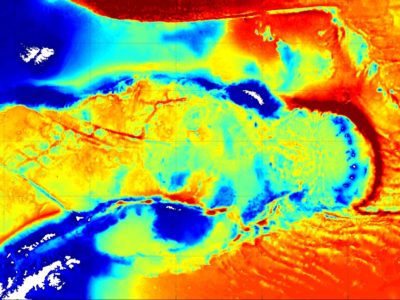
Oceanographic models for the Scotia Sea
Development of regional models to examine the detailed oceanography of island shelves and surrounding regions.
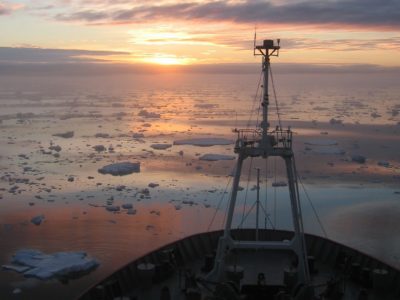
ORCHESTRA
Understanding the Ocean Regulation of Climate by Heat, Carbon Sequestration and Transports
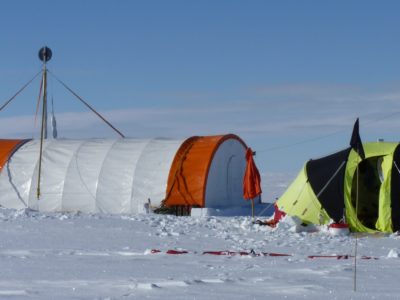
SIWHA
The NERC funded SIWHA_CO2 project “Sea Ice and Westerly winds during the Holocene in coastal Antarctica, to better constrain oceanic CO2 uptake” will be a breakthrough in our understanding of how …
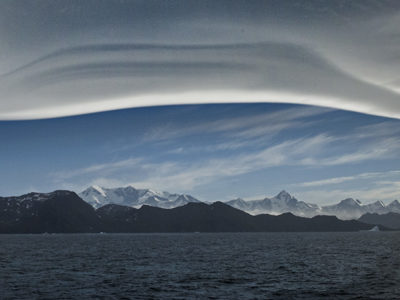
Southern Ocean Clouds
SOC is a project of the NERC CloudSense Programme The biases observed in climate models over the Southern Ocean in surface radiation and sea surface temperature are larger than anywhere …
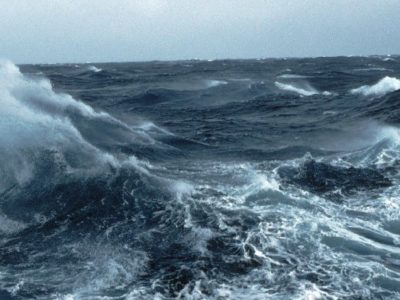
The role of the Southern Ocean in regulating atmospheric CO2 on glacial-interglacial timescales
The cause of the variability in atmospheric CO2 over glacial-interglacial timescales has been a puzzle since its discovery in the early 1980s. It is widely believed to be related to …

UKESM-BAS
Reliable projections of the Earth’s climate are at the heart of scientific support for international efforts to address global change. There is increasing recognition that reliable projections require that physical …
